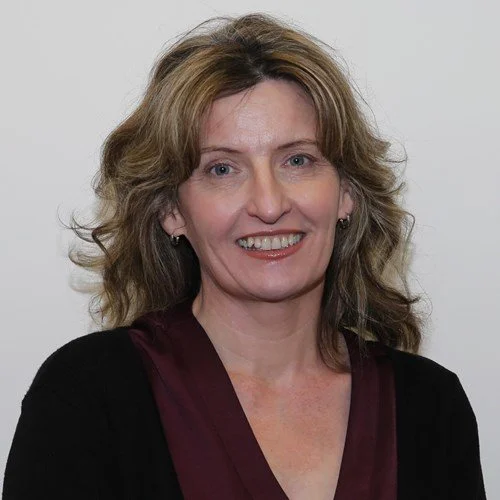Michael O’Hara
Techies Go Green
Techies Go Green in Ireland - Lead the Charge
Techies Go Green was co-founded in 2021 by Michael O’Hara and his dedicated team of passionate sustainability advocates as a not-for-profit organisation with a clear mission: to drive meaningful climate action across the tech and business community.
In less than four years, the initiative has grown into an award-winning movement with over 800 member businesses—ranging from startups to large enterprises—all committed to verifiably reducing their carbon footprint.
As global greenhouse gas emissions continue to rise, even when urgent reductions are needed, sustainability is no longer optional—it’s a business imperative.
Techies Go Green aims to:
Raise awareness of the need for urgent, sustainable climate action.
Build a collaborative, proactive community where businesses can access support, learn new skills, and share best practices.
Simplify the process of measuring and understanding carbon emissions.
Enable businesses to take verifiable, impactful steps toward decarbonisation.
Provide education, tools, and opportunities for collaboration.
Meet the unique needs of businesses on their net zero journey.
In this session, Michael O’Hara will share the story behind Techies Go Green, highlight key milestones and lessons learned, and offer practical advice on how you can kickstart or streamline your own sustainability journey.
Professor Alan Smeaton
Professor of Computing, Dublin City University
Riding the AI Wave that Never Ends
This presentation explores the rapidly evolving landscape of AI. The talk will provide insights into the development of AI, building on the huge investments in large language models (LLMs) and how these are reshaping how we use technology in our professional and in our everyday lives. The talk will cover some of the use cases for LLMs as well as the recent developments in agentic AI and will address AI's strengths and limitations, the times when it should and should not be used, and some of the regulatory requirements for when AI is used. An important takeaway from the talk will be that it is essential to keep navigating the continuous innovation and development that is happening in artificial intelligence.
Up level your Research with Acrobat Studio
The Acrobat Studio bundle, which includes Acrobat Pro, offers a comprehensive suite of tools designed to streamline research workflows. This package features Adobe Express, AI Assistant, and PDF Spaces. Adobe Express is ideal for creating eye-catching research posters and multimodal presentations. Meanwhile, AI Assistant and PDF Spaces, Adobe's conversational AI models, seamlessly integrate with Acrobat to analyze only the documents you upload.
In this workshop, we will provide a hands-on overview of the bundle, demonstrating how you can:
Create workspaces within Acrobat for multiple documents.
Ask questions and receive answers with linked citations to the documents you are working with.
Develop different personas to aid in interpreting complex information.
Use Adobe Express to transform insights and research into standout content.
Registration Link: https://www.micromail.com/whats-new/blog/events/up-level-your-research-with-acrobat-studio
THE NORF (National Action Research Forum), Strategy and Roadmap for Persistent Identifiers (PIDs)
The NORF Strategy report and Roadmap shows Ireland's plan to use national persistent identifiers (PIDs). The poster will highlight key recommendations and points from the roadmap. PIDs help different systems work together by allowing easy transfer of information about Irish research and researchers. This reduces paperwork, saves time, and improves the quality of information. PIDs are crucial in modern research, as they uniquely identify things like grants, researchers, instruments, datasets, and publications, making it easier to share structured information. This poster will interest anyone involved in scholarly open infrastructure.
Bridie O’Neill
Maynooth
Fortinet Workshop: Beyond the Campus - A SASE Approach to Educational Security
In education, security efforts have historically centred on protecting users and infrastructure within the physical campus. But in an era of remote learning, cloud adoption, and mobile devices, what safeguards are in place when users and data move beyond the network perimeter? In this workshop, Fortinet will explore how a Secure Access Service Edge (SASE) architecture empowers educational institutions to extend consistent, robust security to users, applications, and devices wherever they are. Learn how SASE supports Zero Trust Network Access (ZTNA), which provides highly secure application access from any location.
Conor Byrne
Fortinet
Conor Byrne
Antoine Aladenise



